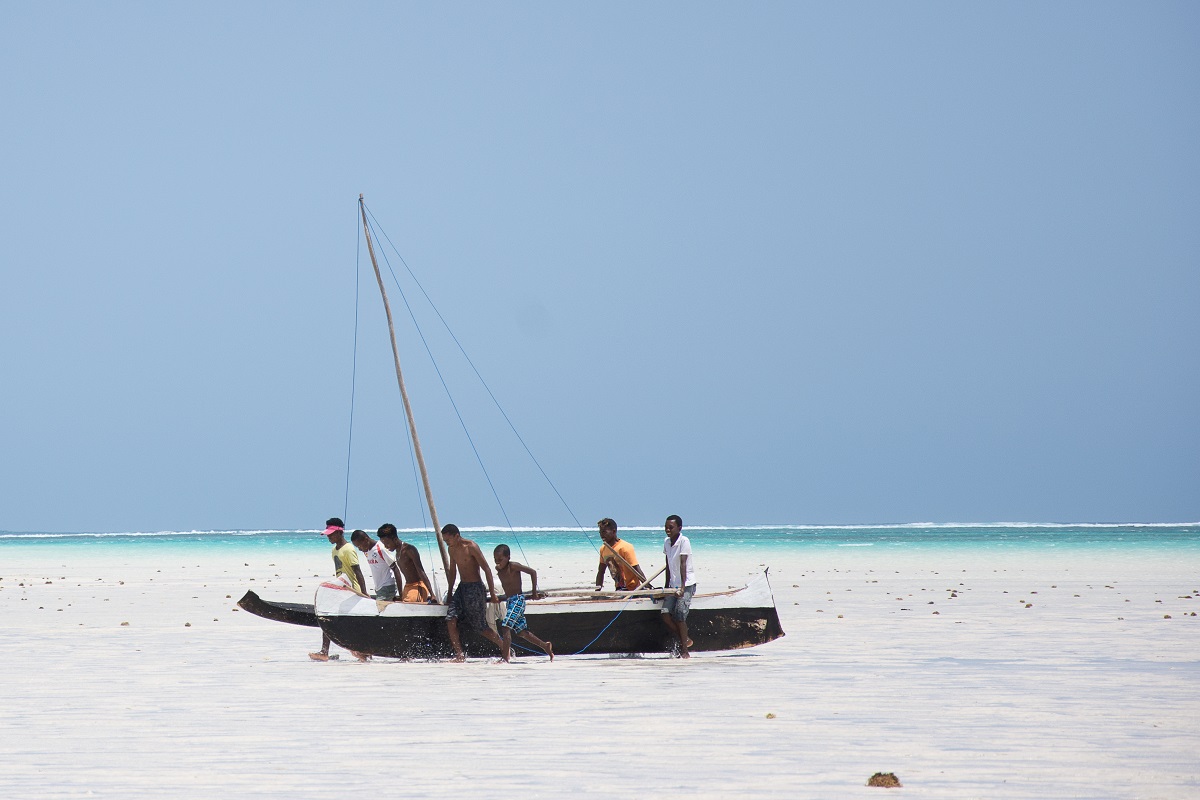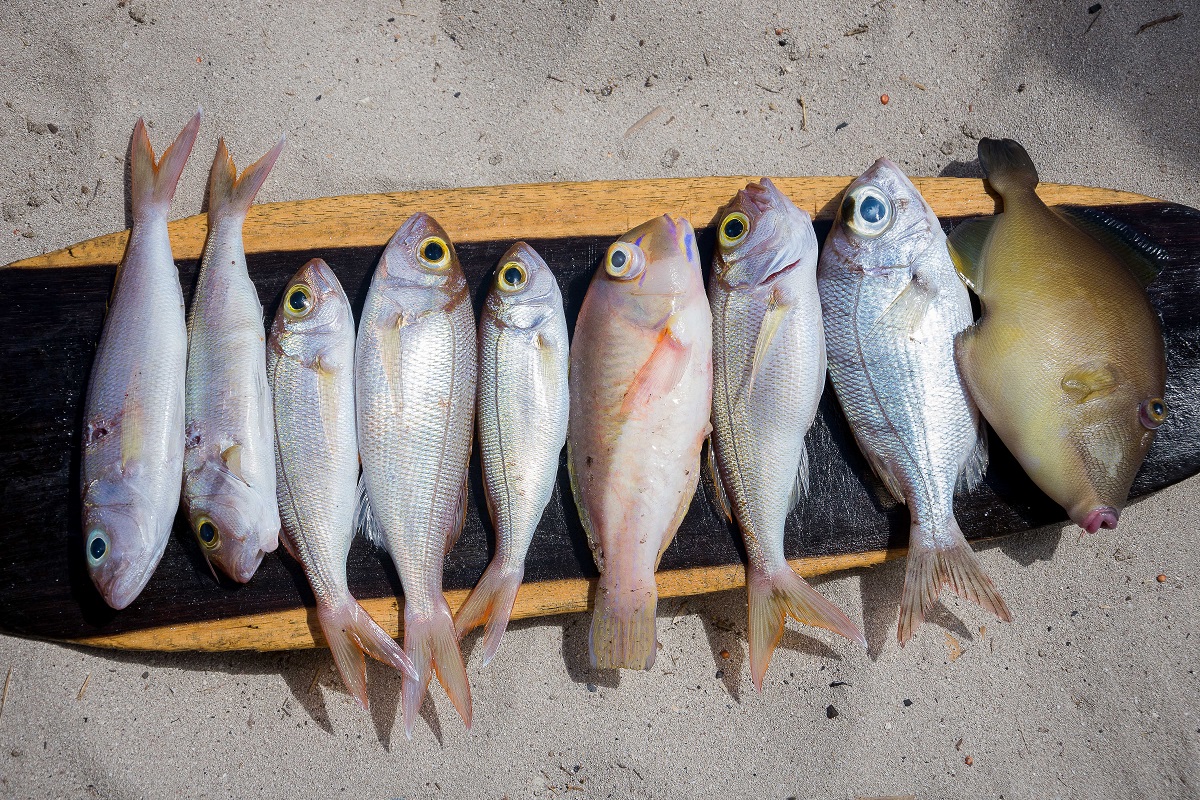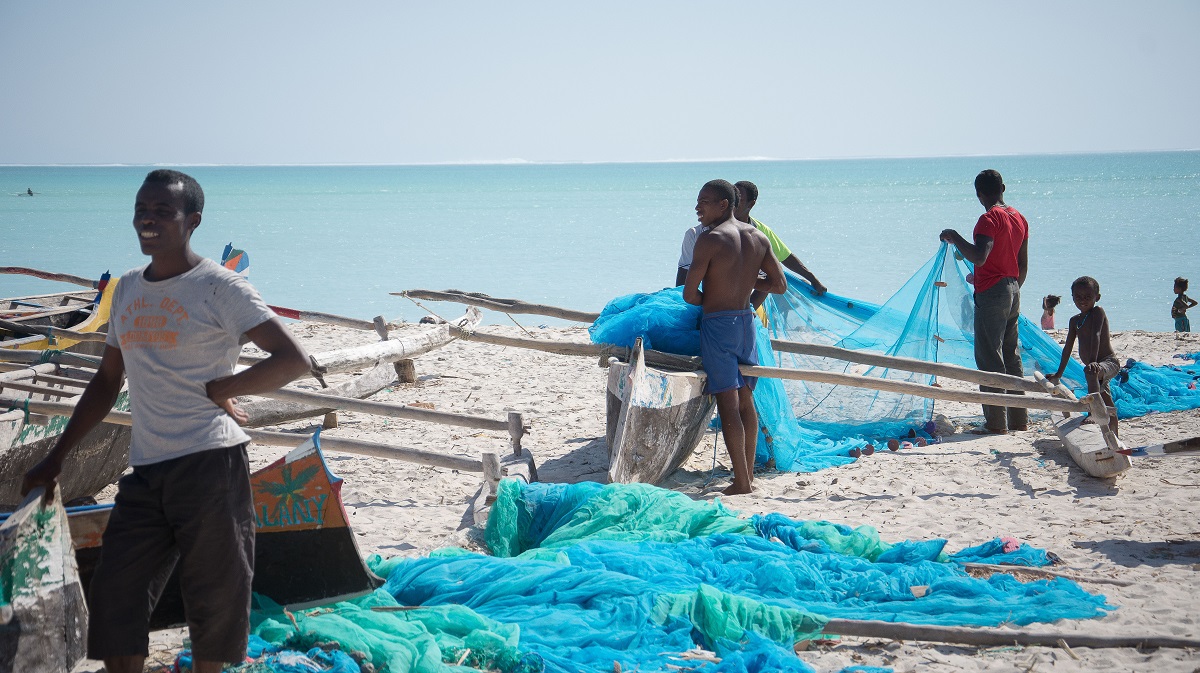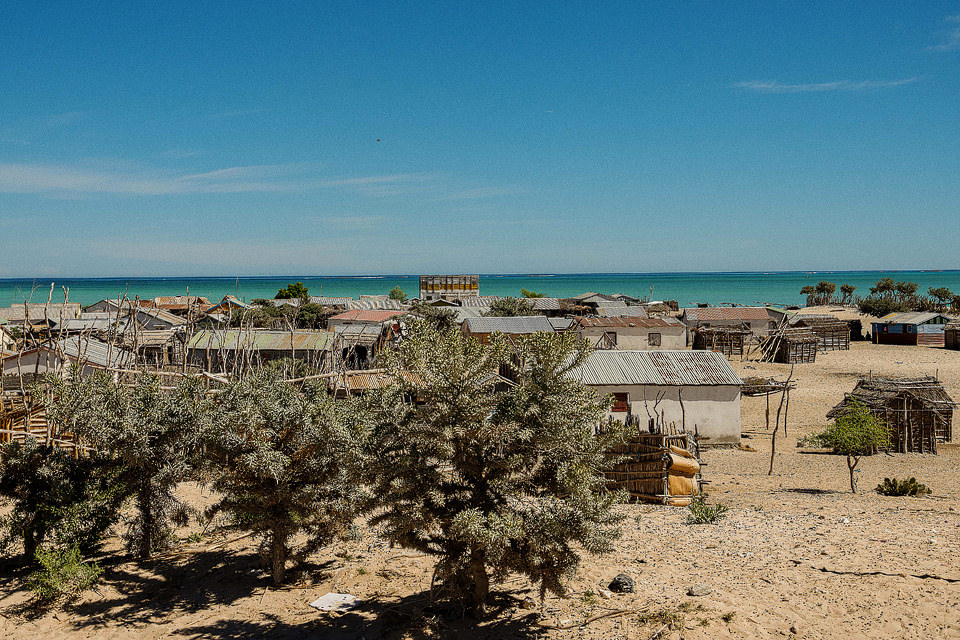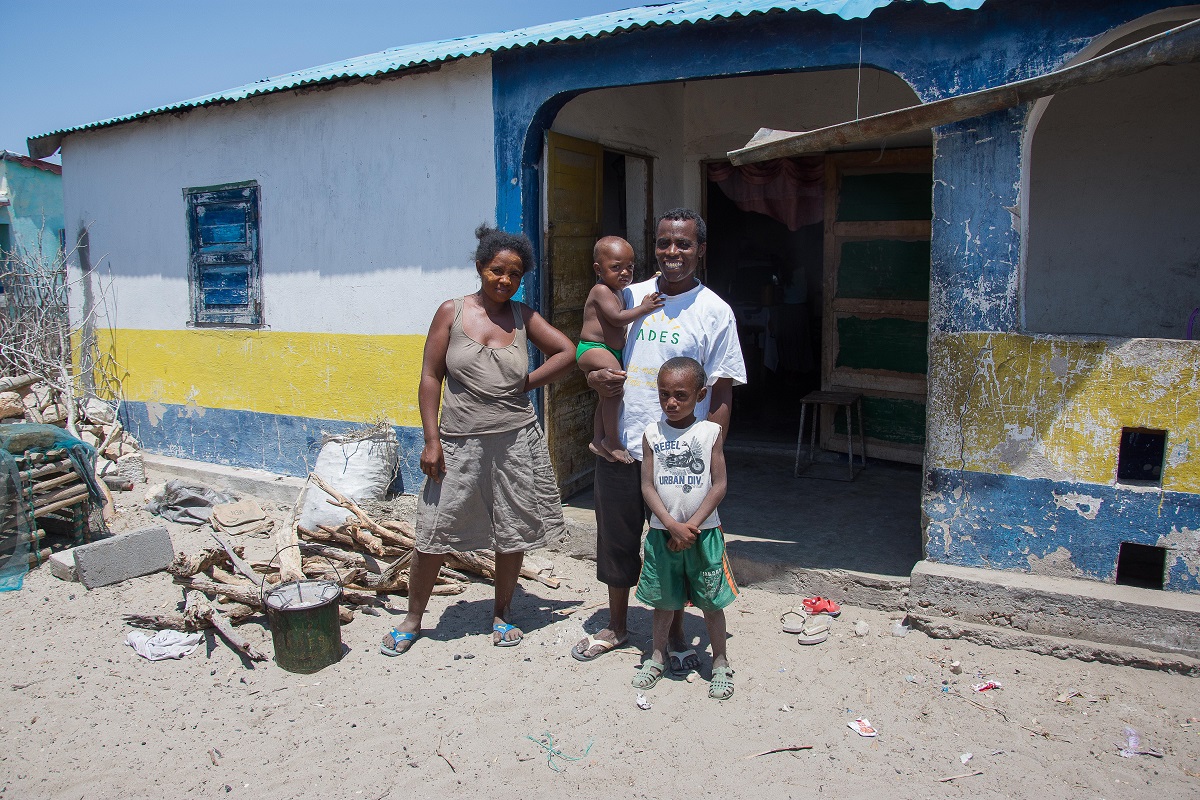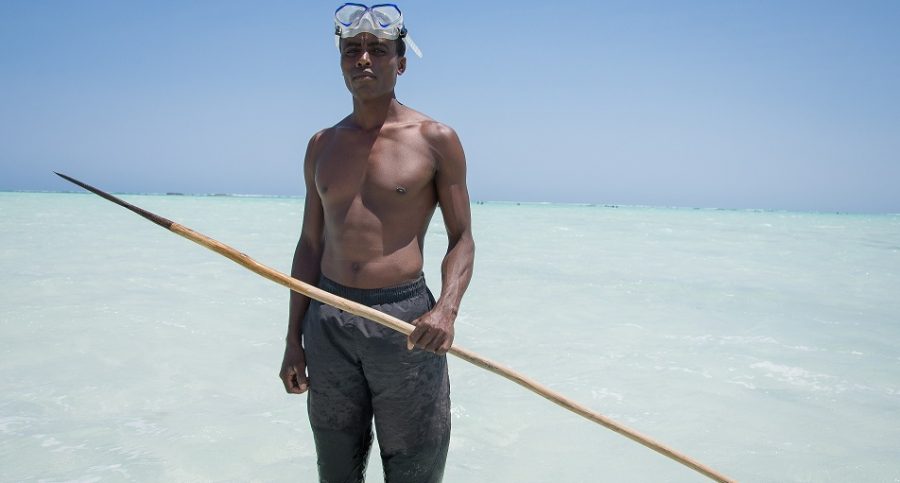What sustainable practices are used in the LMMA and what results have you seen?
As a member of the LMMA committee in Beheloke, I work with WWF, governmental institutions and the Madagascar Locally Managed Marine Area Network. Together we have put regulations in place, such as prohibiting fishing for juveniles and using unsustainable fishing gear. I support the implementation of these regulations and participate in the ecological monitoring of coral reefs and octopus reserves.
Being part of the LMMA committee has brought me and other people in our community a lot: in addition to our local work, we exchange experiences with managers from other LMMAs. The collaboration with WWF is important, because they offer us technical support and made us aware of the importance of protecting our reefs and beaches. The WWF-Madagascar team has taught us how to use longlines, set up fishing closures and manage the LMMA financially. They also promoted sustainable livelihoods, like seaweed farming, and provided our village with drinking water.
Since the establishment of the LMMA, the size of fish has increased and the octopus catches went up from 500kg in 2017 to 708kg in 2019. Recent results show a positive trend in reef health in the area of Beheloke. Other villages in the area have also established octopus reserves, meaning the measures we apply in our LMMA have a ripple effect in the area.
